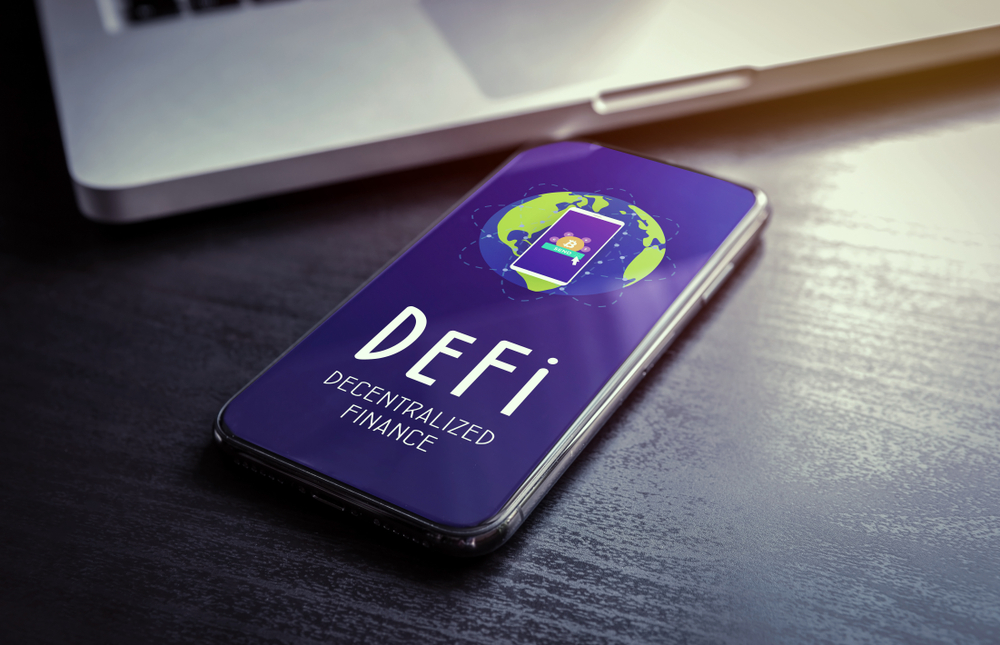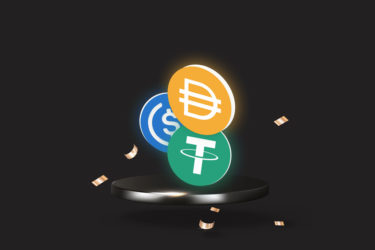DeFi, acronym for Decentralized Finance, will at least change the role of the intermediary in the cryptocurrency market. But caution is still needed regarding the new hype in this segment, say experts who participated in the discussion panel on the subject at the Blockmaster Forum, this year part of Digitalks Digital Experience.
“Today there are economic incentives for investors to allocate assets to DeFi platforms with some security. But we must proceed carefully, because it is a new layer of the cryptoasset market, and it can still be subject to failure. Moreover, today the DeFi is still very much based on subsidies, and we don’t know how far this spree goes”, assessed the head of Research and Portfolio Management of Transfero Swiss, Carlos Russo.
The executive also pointed out that stablecoins are one of the foundations of the DeFi system, since they do not have transfer costs. “BRZ will add to decentralized protocols and bring to the Brazilian market a number of possibilities, especially in the loan market, but not only in it”, he says.
For Fast Block Mining CEO and founder Bernardo Shucman, by putting more layers on the blockchain, DeFi is more susceptible to unknown errors. “I am a supporter of bitcoin blockchain proof-of-work, because it is its security that assures me that the bitcoin does indeed have a value. I’m afraid these new layers distort the purpose of the blockchain”, he points out.

Even with DeFi, the intermediary will be needed
According to the assessment of Mercado Bitcoin’s “diplomat”, Bernardo Quintão, the intermediary will always be necessary for cryptocurrencies to reach the final consumer. “I see that there may be an evolution, but everything in the crypto world is very greedy. I think DeFi creates perverse incentives in the market, but they have a logic. We have to see what will actually be left standing in these projects”, ponders the executive.
For C2Law lawyer Evandro Camilo, decentralization is intrinsic to the cryptocurrency market and that DeFi is nothing more than a new level of decentralization. “Over time, we will come to understand these new levels of centralization and better define the risk and control chains necessary for this market to develop safely”, he warns.
Experts have also warned about the risks of DeFi as they are much based on a smart contract. “A person made this smart contract, so it may be susceptible to failure. And there are few validation protocols for these smart contracts”, adds Camilo.
This year 2020 should be the year of DeFi’s evaluation, in the view of the debaters. As this market advances, government entities will look at this segment and understand the risks and prudential rules to make the market safer. “But I think we’re still going to see a lot of blows in this area”, says Quintão of Mercado Bitcoin.







